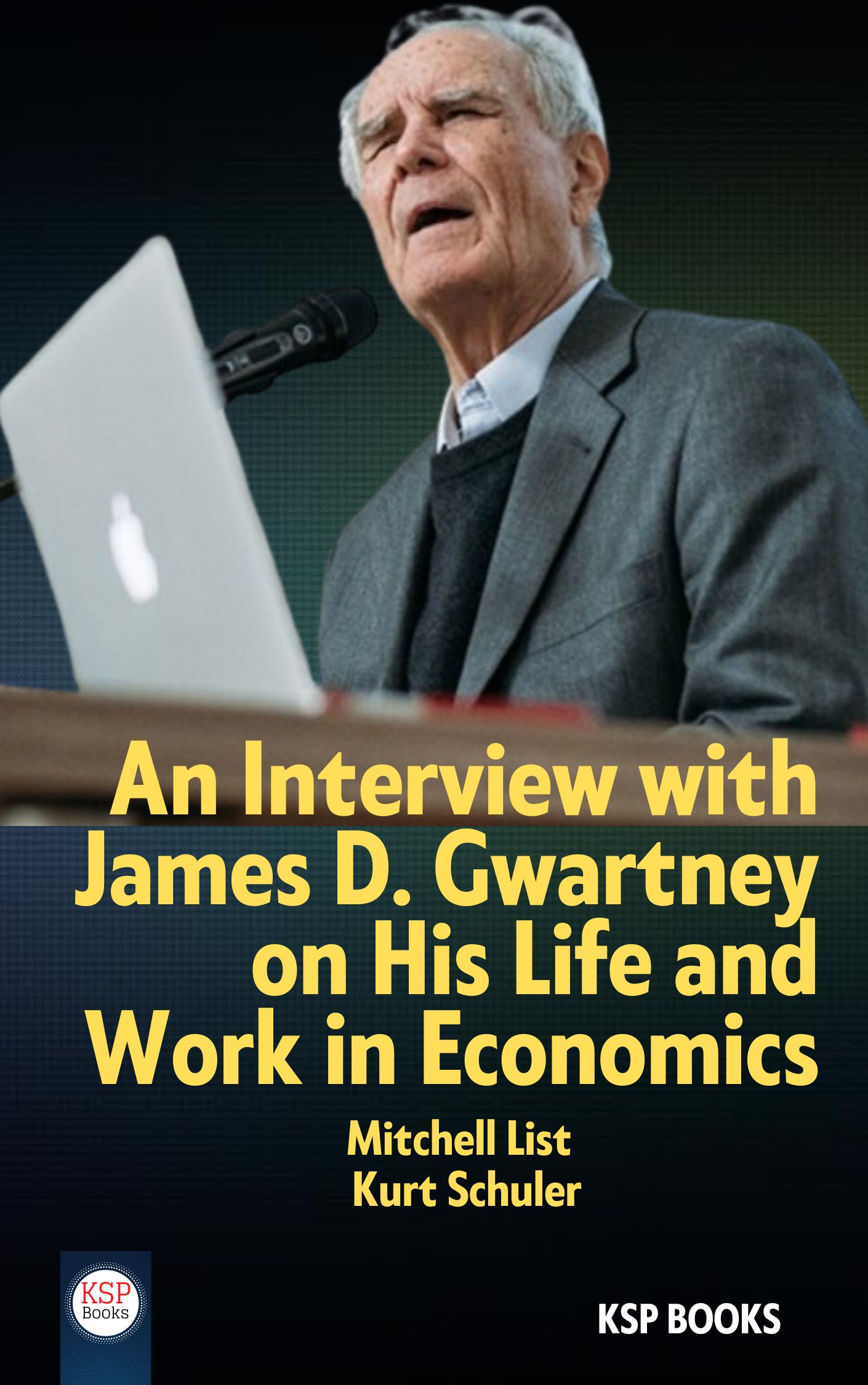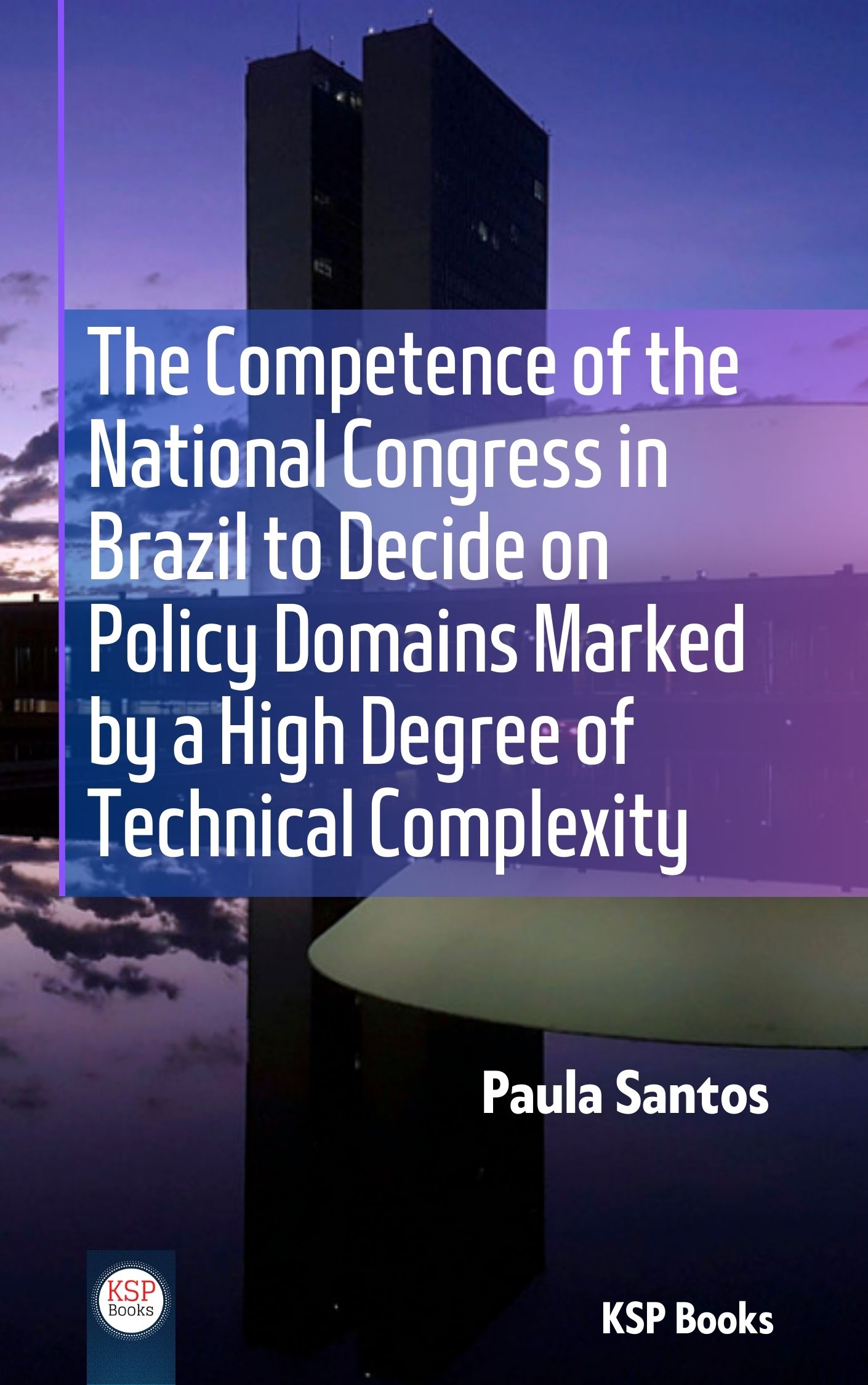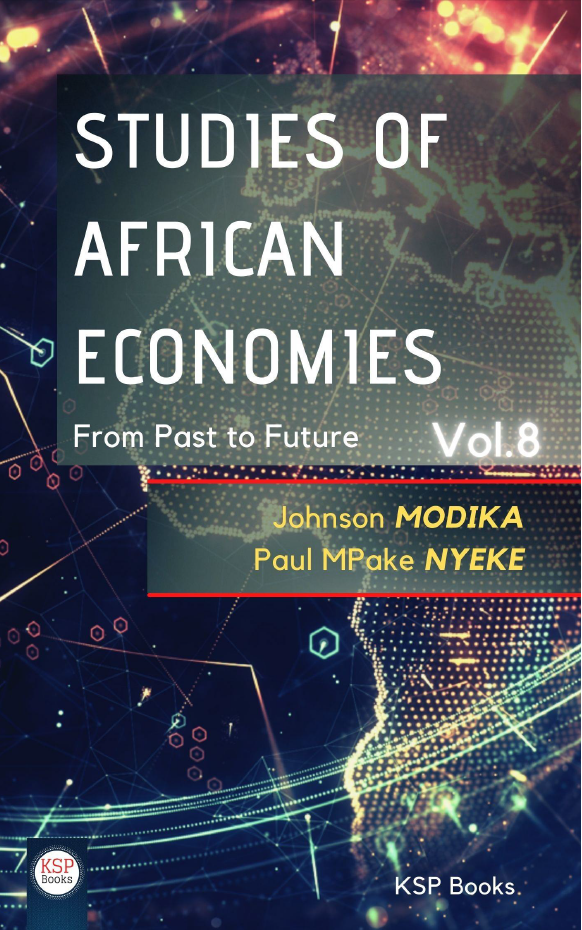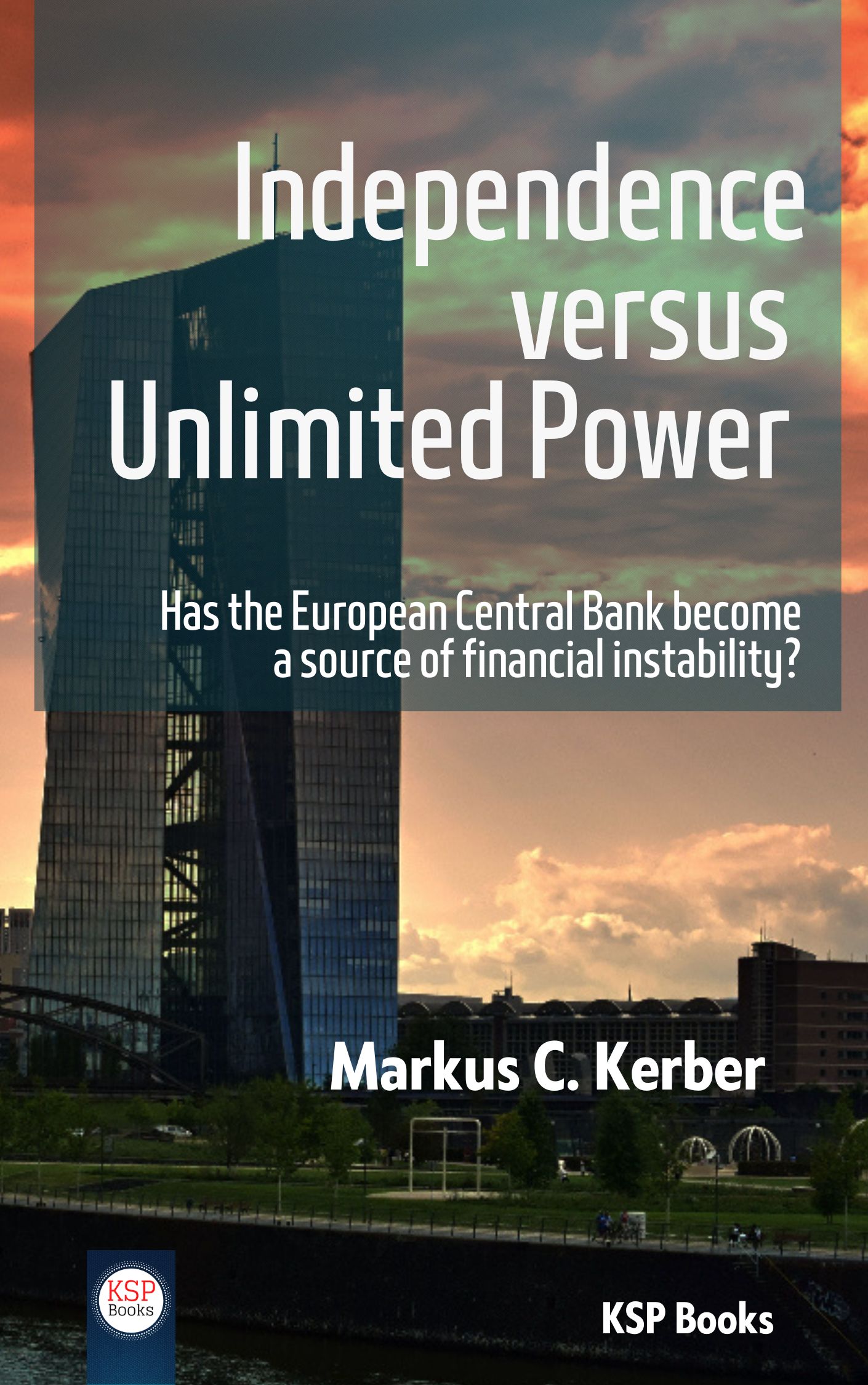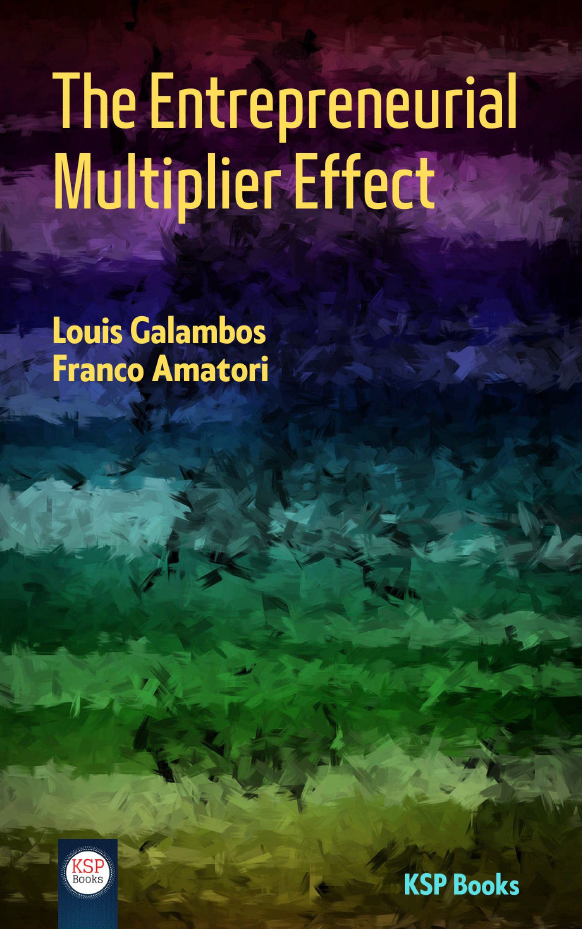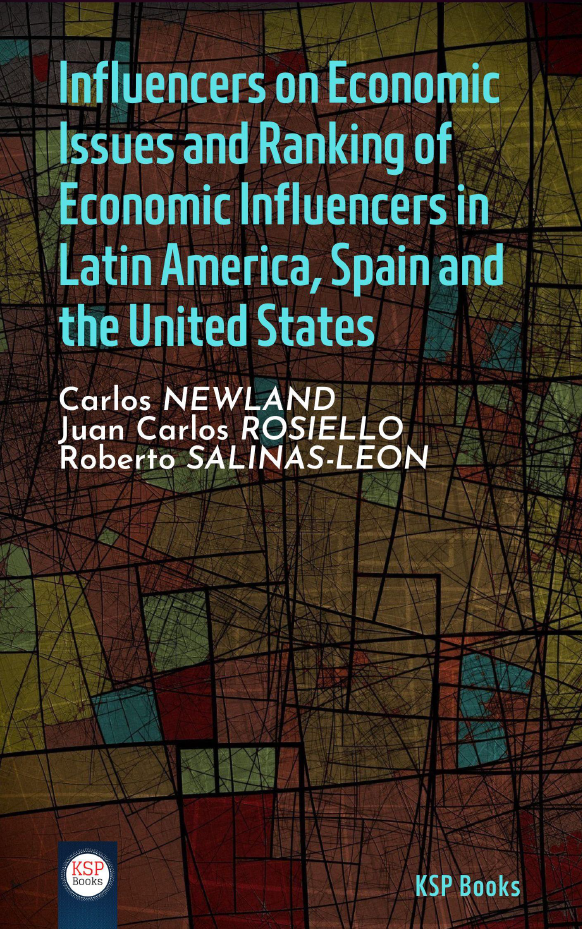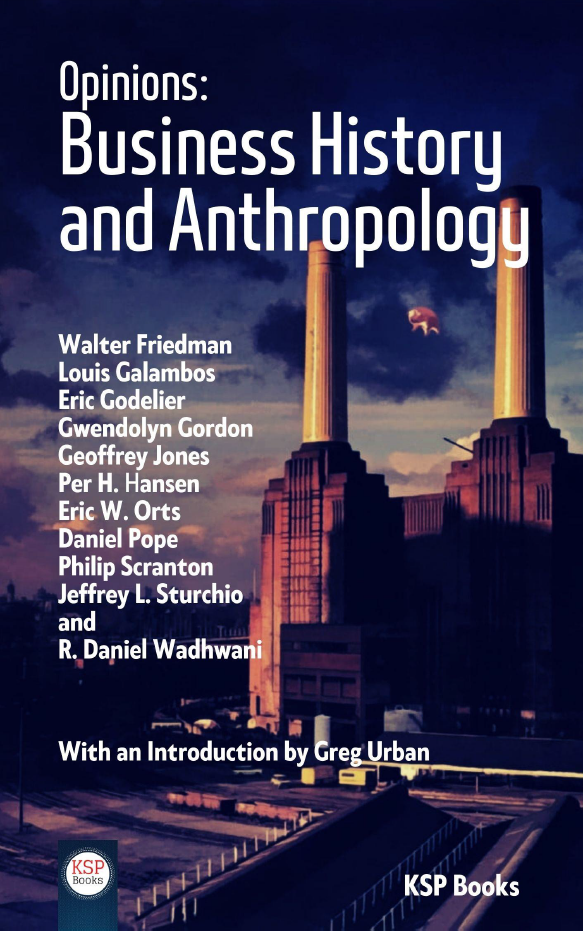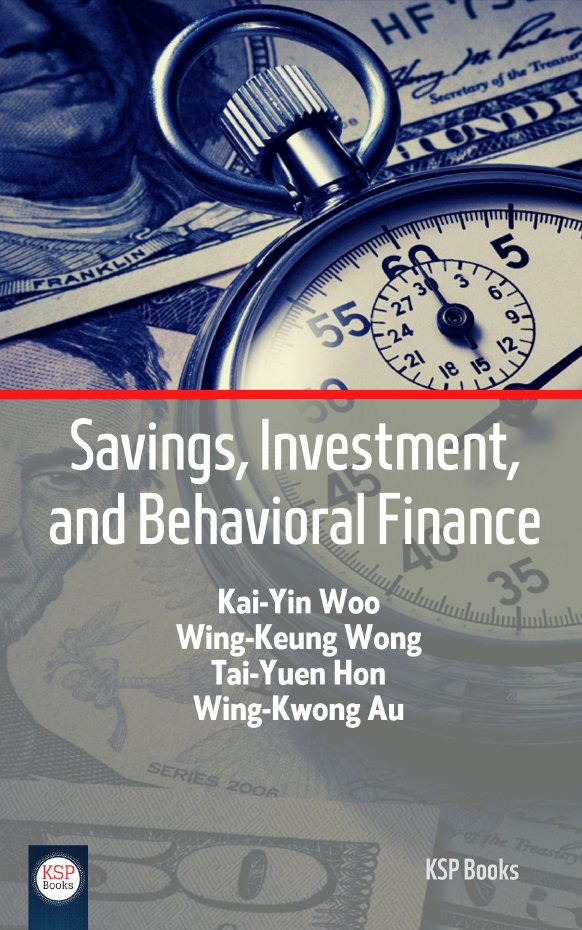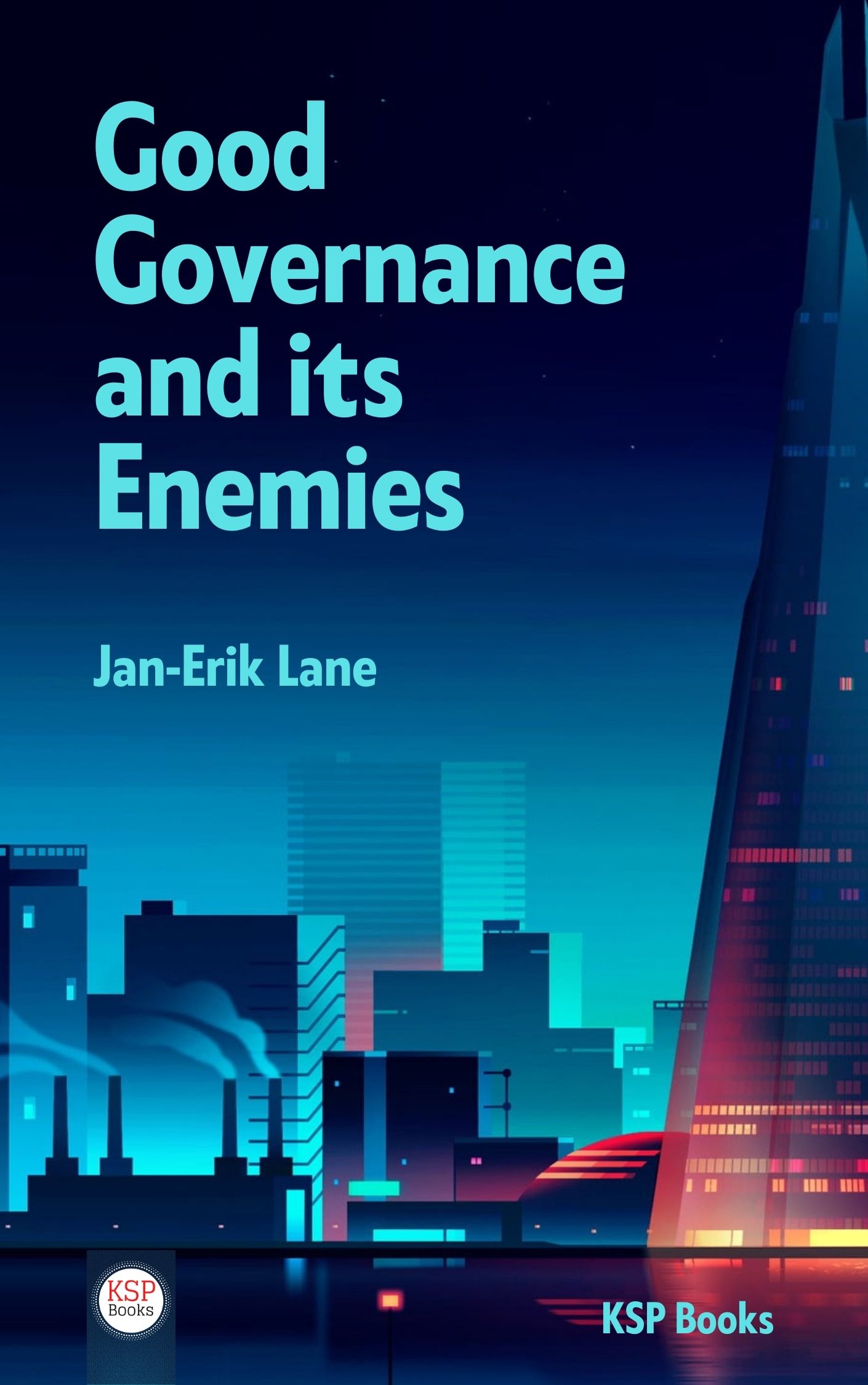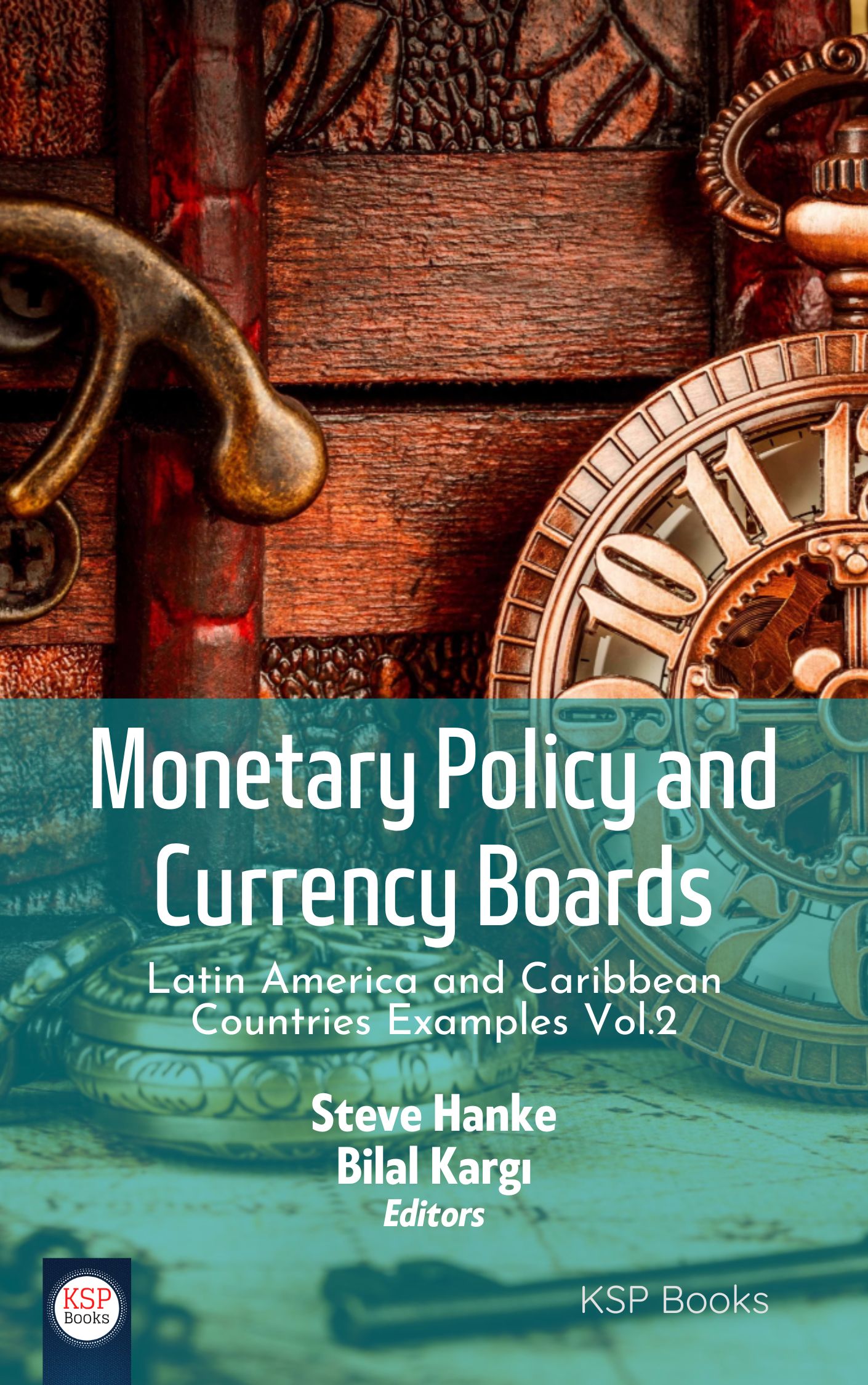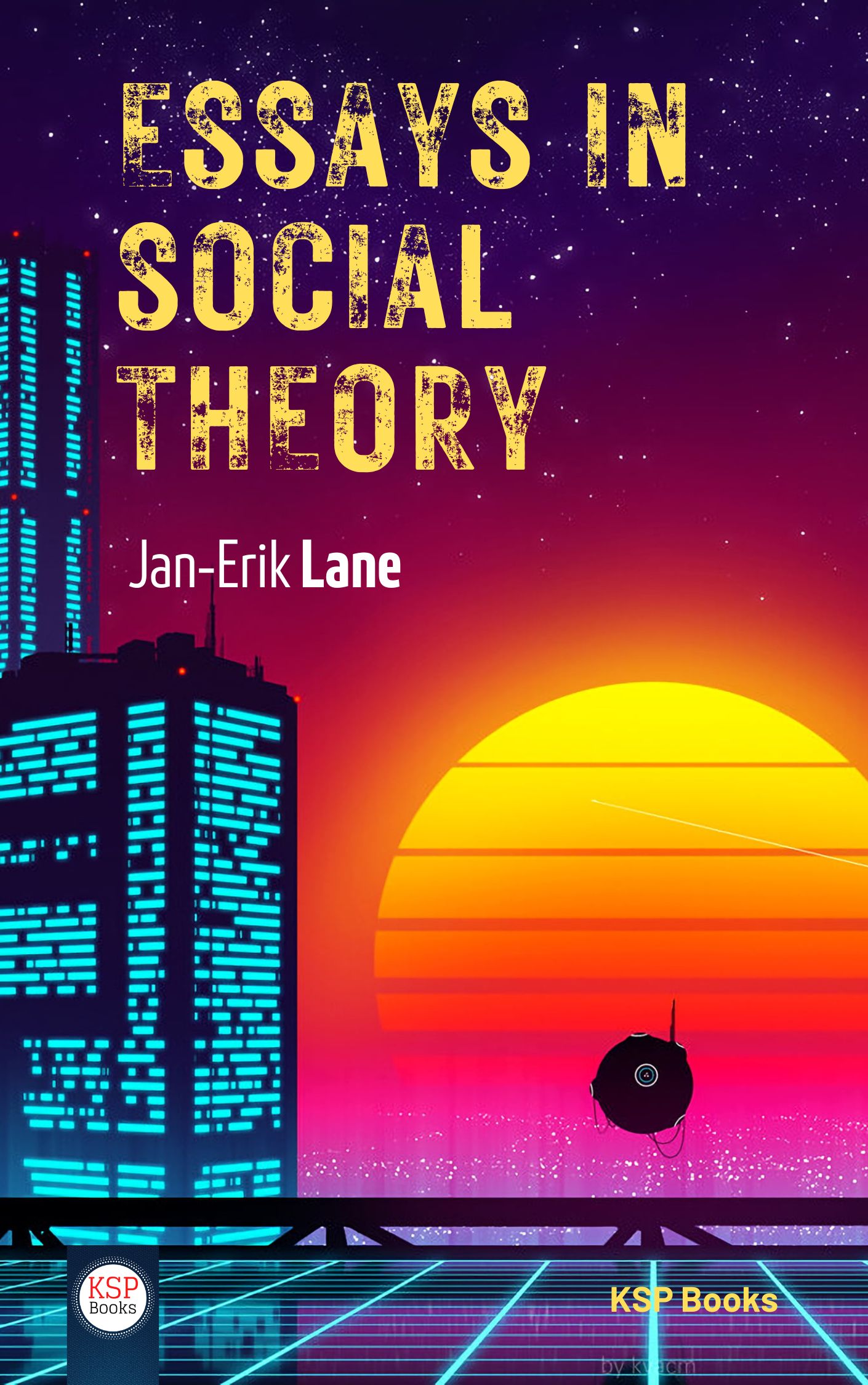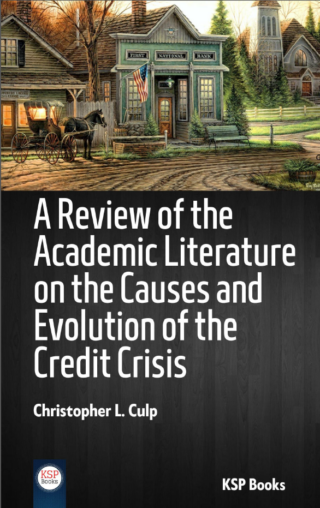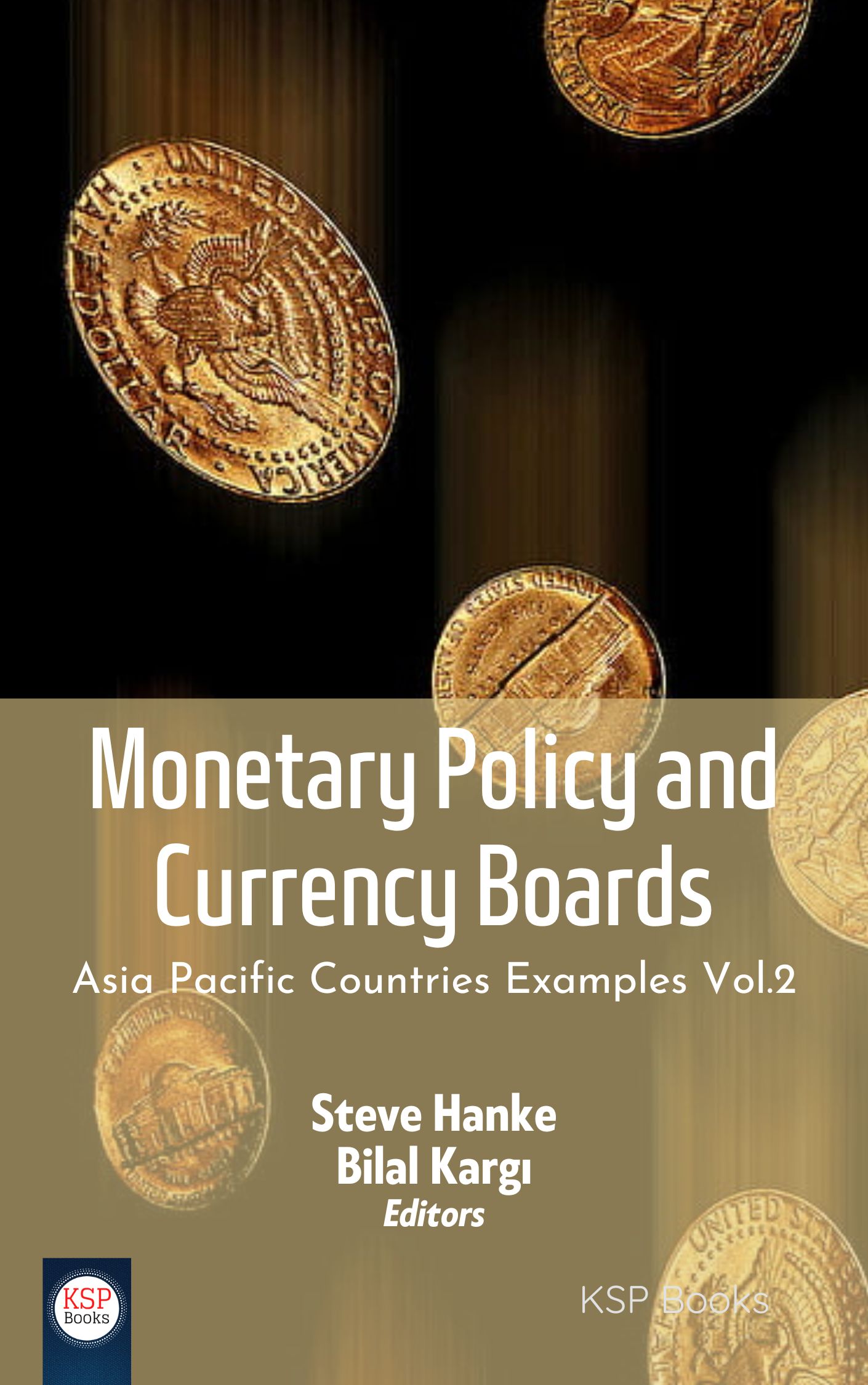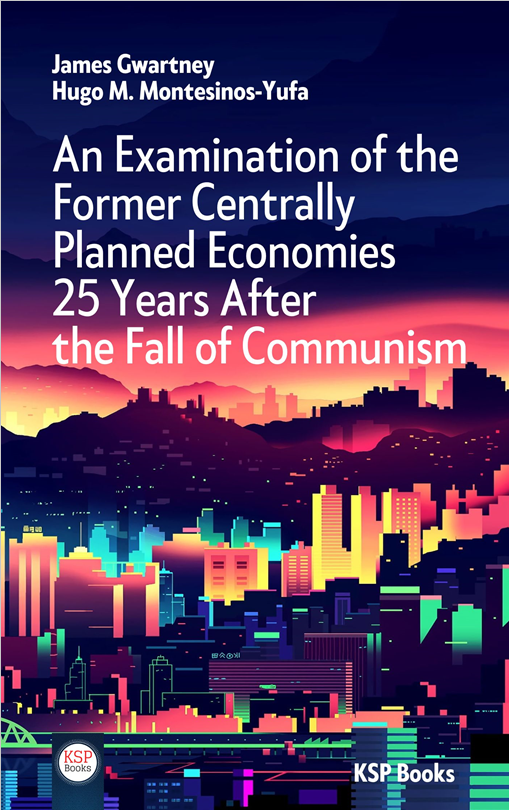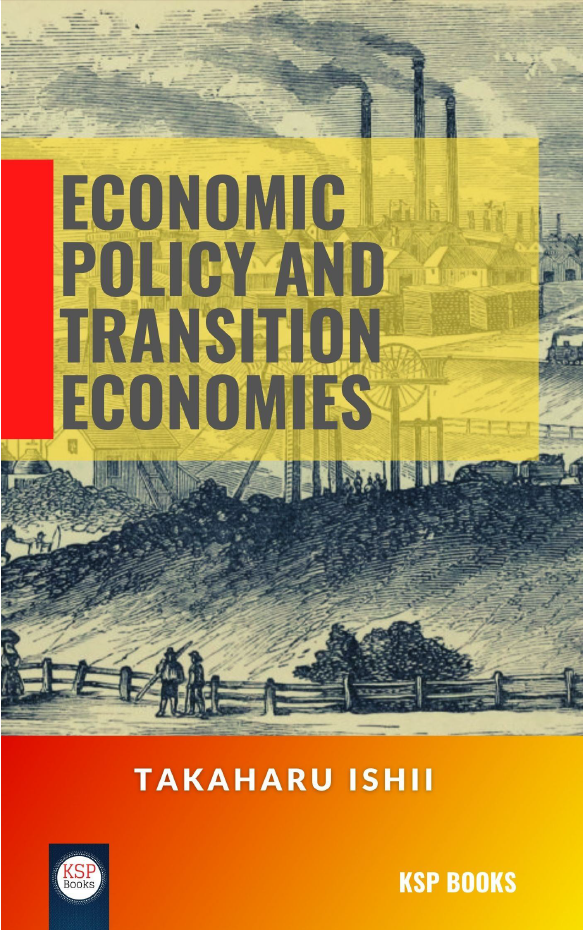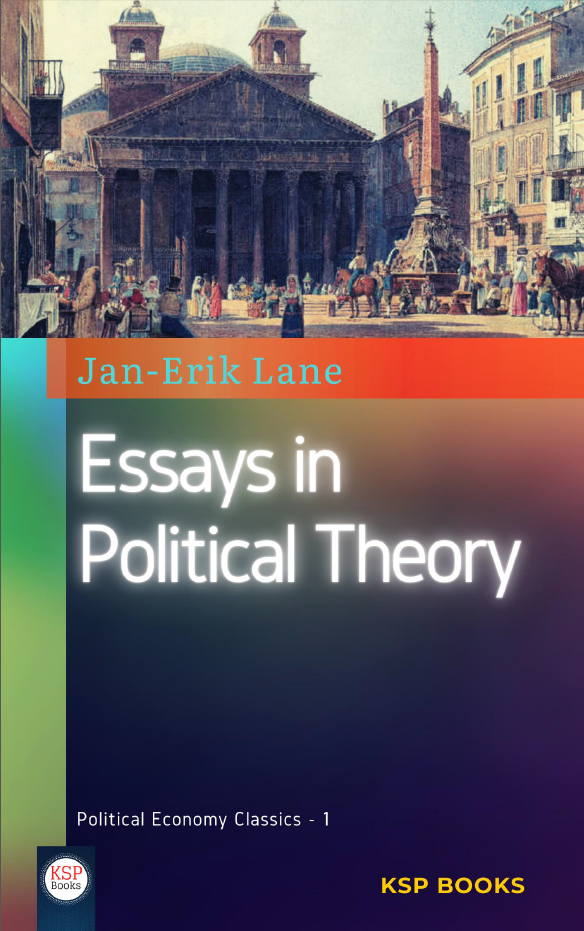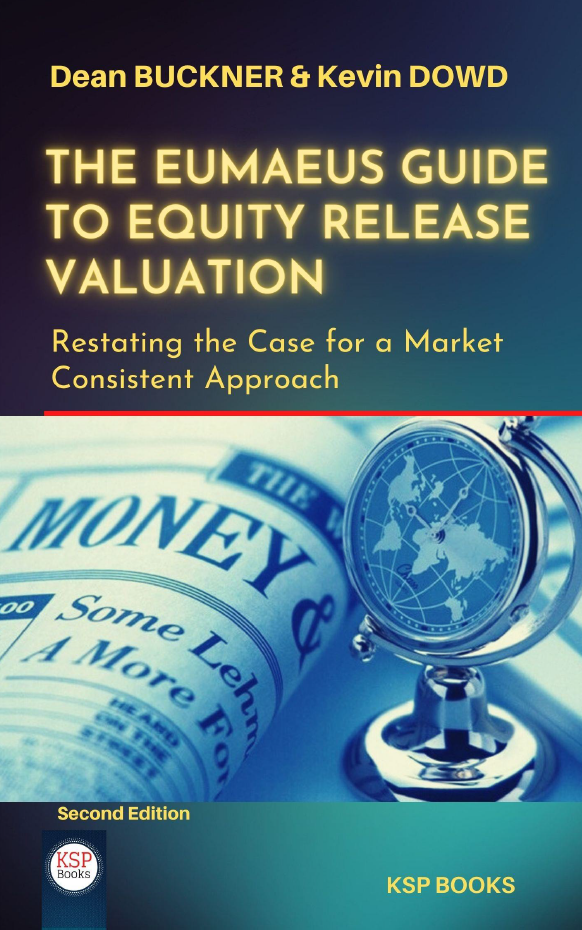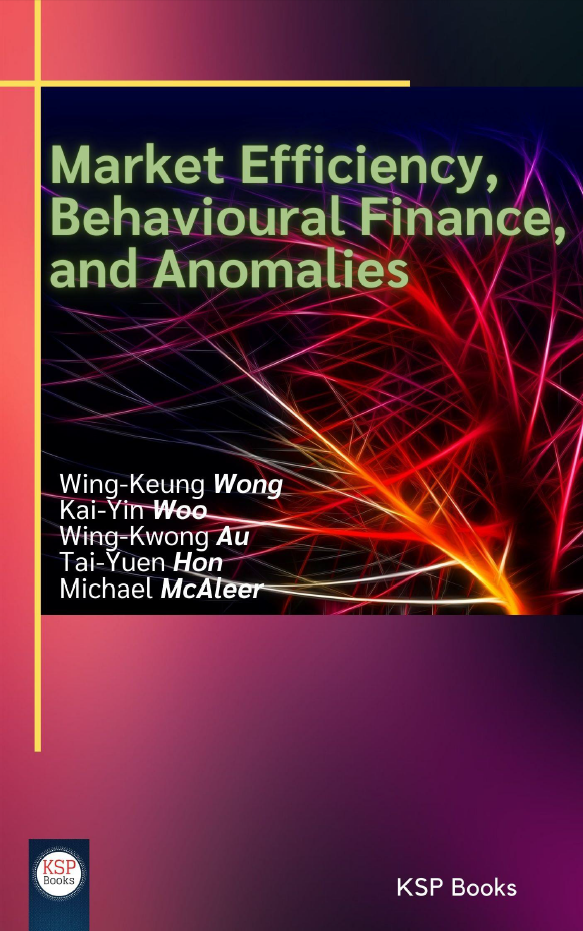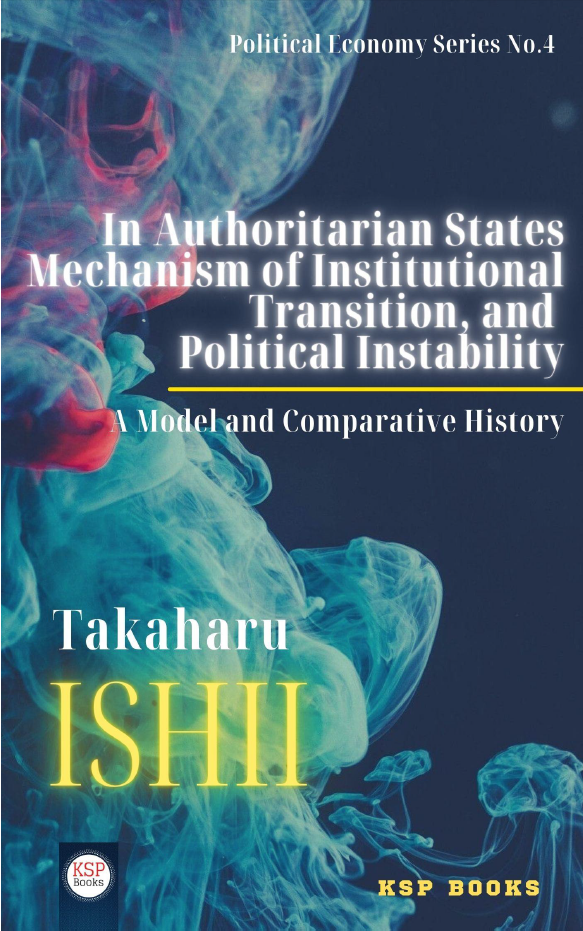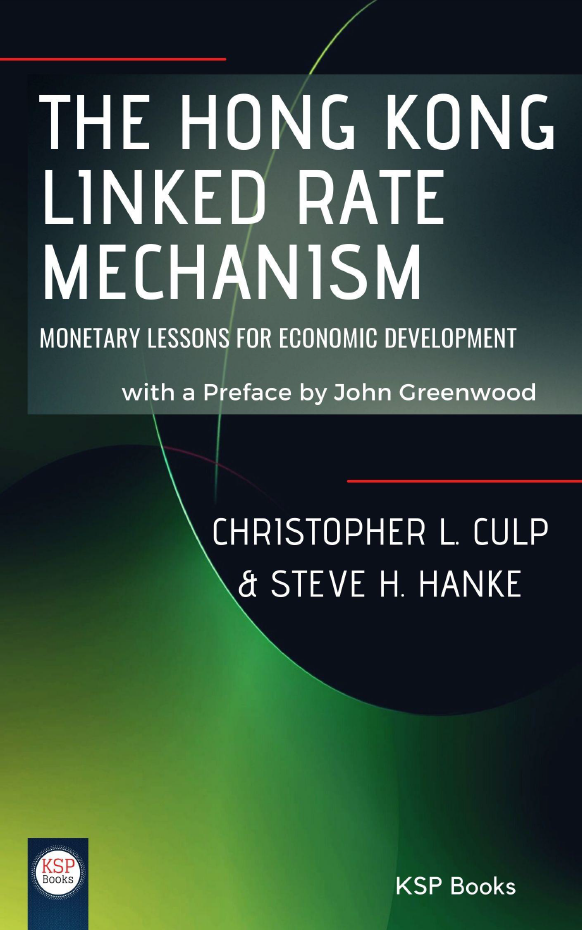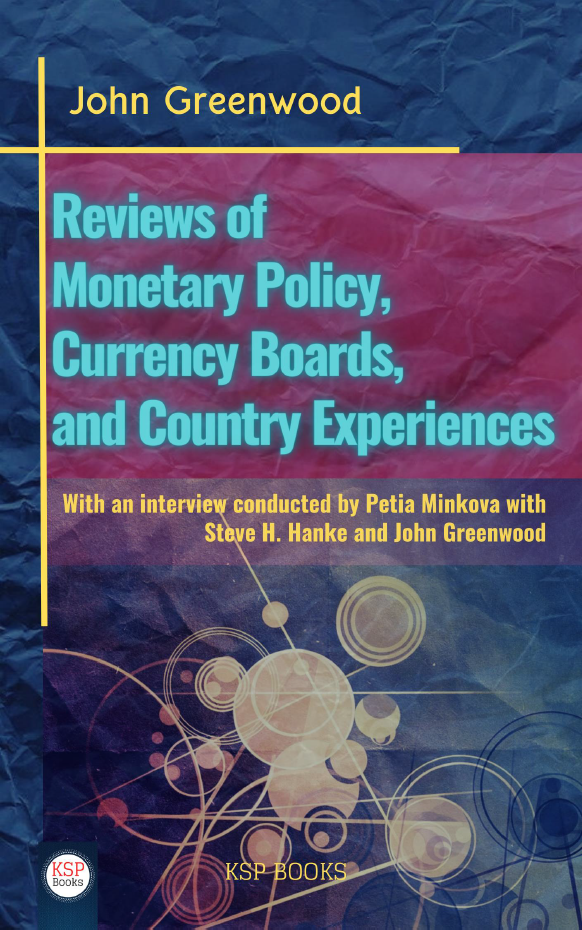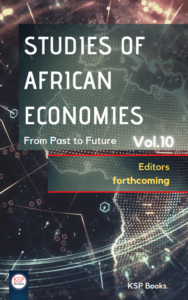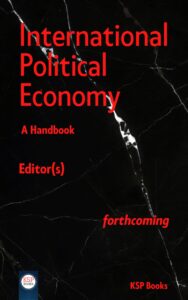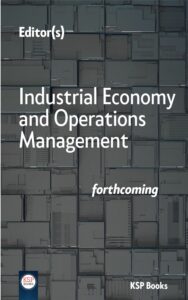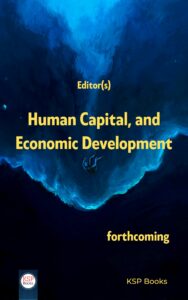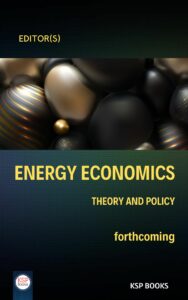By
Heinz Schimmelbusch
Doctorate in Economics from the University of Tuebingen
e-ISBN: 978-625-7501-16-3
Publishing Date: December 1, 2021
File Size: 2,487 MB
Length: xxii + 95 pages (PDF)
Language: English
Dimensions: 13,5 x 21,5 cm
 This Book is completely open access. You can freely read, download and share with everyone.
This Book is completely open access. You can freely read, download and share with everyone. 
Communism, as a revolutionary economic concept, was introduced to the world via the writings of Karl Marx. In practice, it made its big entrance via the Russian Revolution in 1917. The Revolution was instigated and managed by Vladimir Lenin and led to the establishment of the Soviet Union. At its core, communism’s basic idea was to eliminate individual property rights today, while, at the same time, promising the comrades a paradise in the distant future.
For the purpose of this preface, allow me to search for the word “communism” on my curriculum vitae to see what shows up.
I was born in Vienna in 1944. The Soviet Union appeared almost immediately in my life in the form of tanks in the Russian occupied zone of Austria. When the tanks rumbled up the valley, where I lived near a small town in Upper Austria, my sister and I would run into the woods and hide. But, that remembrance, while frightening, was minor. A major nightmare concerned my mother. Once, when returning from the American occupied zone, where my mother had gone to obtain medicine, she was accidentally shot by a Russian soldier. She survived, but only after a few weeks of severe crisis. My sister and I learned to say our prayers at that time.
Then, there was Hans Schimmelbusch, my grandfather. He had built a company that supplied machinery for the regulation of the Danube from Vienna to the Black Sea. He was murdered in cold blood on his front doorstep by Russian soldiers in 1945, when the Soviets confiscated his house in Vienna for use as a “Kommandatura.” My grandfather did not give in. It was not in him.
In 1955, I was with my other grandfather, Erich Schlimp, the father of my mother, in a large crowd assembled below the Belvedere castle in Vienna. It was then that the Foreign Ministers of the four occupying powers were assembled on the balcony. They included Minister Vyacheslav Molotov from the Soviet Union. The Austrian Foreign Minister, Leopold Figl, declared from the balcony “Oesterreich ist frei” (Austria is free). The crowd sang the Austrian National Anthem. My grandfather did not sing. He had lost his two sons in the war. He also lost his buildings materials company in Slovakia, which had been nationalized by the communists.
My next encounter with communism was in 1956, when the boarding school I attended in Vienna took on refugees from Hungary. The refugees told us about the horrors they had experienced when the Soviets crushed the Hungarian Revolution.
Fast forward. In 1968, I was a junior member of the Economics Faculty at the University of Tuebingen in Germany. While working on my doctoral thesis, I was teaching economic theory courses. My studies focused on “Austrian Economists” and different shades of socialist economic systems, starting with “big government” a la Keynes and ending with the East German central planning system. Suddenly, the 1968 student uprising erupted. It was led by the Sozialistischer Deutscher Studentenbund (SDS). When the SDS arrived in peaceful Tuebingen from their headquarters in Berlin, I was chosen to be the one to debate with representatives from SDS.
One of the more interesting debates at the University was when Bernd Rabehl, a SDS Grande from Berlin, was giving his “Kapitalismuskritik” in the Auditorium Maximum of the University of Tuebingen. I was designated as the one to respond to Herr Rabehl. He expounded a standard Marxist critique of free-market economies. In my response, I enumerated deficiencies of capitalism as Herr Rabehl had listed them, and I agreed with some of his points. But, I said, “A critique of capitalism is not why we are here. We have assembled to hear what the economic system that you and your comrades envision and want to install in West Germany looks like.” Our debate went back and forth with little movement, with Herr Rabehl taking a position that capitalism had transformed the people living in it and, only after the complete destruction of the existing system, would it be possible for the newly freed people to come up with a new system. That did not convince the crowd. I then confronted him with a barrage of arguments. My critique won the applause of those in the audience.
Given my encounters with the SDS, I was motivated to write “Kritik an Commutopia” to simulate what the SDS economic system would look like. I designed Commutopia based on various SDS statements on the subject. The result was published by the local University publishing house. I also published there a Treatise “Grenzen der Planung” (Limits of Planning). In it, I argued that the iterative planning procedures that were necessary for a centrally planned economic system in an industrialized economy were unable to converge to an equilibrium. My conclusion was confirmed by the notorious multiyear delays and various cancellations of the consecutive 5-Year-Plans used by the Deutsche Demokratische Republik (DDR) to govern the East German economy.
In West Germany during the seventies, there was a strange discussion within the German “social-democratic” party about “Investitions-Lenkung.” It was a kind of communism light. Socialist systems appear in many shades. The idea was to create a government agency to directly control capital expenditure decisions of private corporations. At that time, I could not resist publishing a satirical treatise about that: “Marktwirtschaft, Buerokratie, und Leistung.” In my satire, I simulated what would happen to this social-democratic project if implemented. Fortunately, it never saw the light of say.
Turning to my industrial life, I was deeply involved in East-West trade. From 1981 onwards, I was a member of the Management Board of Metallgesellschaft AG, Frankfurt, one of the world’s leading trading houses and engineering enterprises. Metallgesellschaft (MG) was the largest Western trading partner of the DDR. It was also heavily involved with cross-border trade with the communist regimes who were members of COMECON, which was controlled by the Soviet Union. I described this in 1984 in a presentation before the U.S. Congress in Washington, D.C. In my testimony, which is recorded in the Congressional Record, I argued that U.S. policies to restrict East-West trade were irrational, and that in the absence of such policies, the communist systems would collapse more rapidly.
In 1981, I traveled to China for the first time. That was just two short years after Deng Xiaoping produced a roadmap for the Communist Party of China to selectively allow for a private economy and market mechanisms to evolve—his famous “Socialism with Chinese Characteristics.” I traveled to Beijing because a leading U.S. bank had requested that Metallgesellschaft design a structure for servicing sovereign loans to China by the way of Chinese commodity exports. Our traders identified a large molybdenum mine as a suitable exporter for such a concept. As a result, I traveled to Shanxi province to see the mine north of Xian. The first contract for this “loan to be repaid by commodity exports” structure was eventually signed in the Great Hall of the People in Beijing that year. In the coming years, I spent at least a month per year in China to follow the intriguing business opportunities of Deng’s new communist architecture that allowed for private enterprise.
On November 9, 1989, the day of the fall of the Berlin Wall, I was at the communist “Kombinat Mansfeld” hosted by Generaldirektor Henning Rost. The Kombinat was East Germany’s giant copper producer. The Ministry of Trade in East Berlin had chosen the Kombinat for the site to conclude the transaction. We at Metallgesellschaft bought the strategic non-ferrous metal stockpiles of the DDR. It was a very large transaction, and I, as chairman of MG, was on hand for the signing ceremonies. In the evening, we had a celebratory dinner. As we were congratulating each other, a secretary appeared to announce that the Berlin Wall was falling. Talk about an exogenous shock. It was truly a once-in-a-lifetime event—to be in the company of many of the most important personalities in the communist leadership when a secretary announced that the game was over.
In 1991, Metallgesellschaft signed, with Prime Minister Chernomyrdin of the Russian Federation, an engineering contract to supply the technology for the destruction of chemical weapons stockpiles stored in various sites throughout Russia. I was on hand in Moscow to finalize that deal. That first-of-its-kind deal was to be financed by the G7 and facilitated through the German Defense Ministry. The negotiations were largely done with the minister of the Defense Industry, General Boris Belousov. We became friends. When the general detected that I had my eye on a brass miniature version of a Russian tank on display at the Ministry, he presented it to me as a gift. Today, that little tank is in my study in Frankfurt. The General also kept his eye on my son when I sent him to Moscow for a three-month internship at a global auditing firm. Once my son called to say, “There is a car outside my place with two goons inside.” “For safety,” I answered.
In 1993, I resigned from Metallgesellschaft, when Deutsche Bank, a major and dominant shareholder of Metallgesellschaft, started to liquidate its industrial holdings, such as Metallsellschaft, to finance its entrance into the sphere of global trading of financial instruments and investment banking, a venture that ultimately failed. Of particular importance in my relationship with Deutsche Bank was a disagreement that we had about the use of derivatives to hedge oil sales that had been made by Metallgesellschaft. Deutsche Bank blamed me for what appeared to be losses from those hedges. Prominent academic scholars including Nobelist Merton Miller of the University of Chicago, Prof. Steve Hanke of Johns Hopkins, and Christopher Culp, also of the University of Chicago and a former student of Prof. Hanke’s, countered the Deutsche Bank narrative. Fortunately, it ended up in a settlement in my favor. In the Book of Rules, it states that the “winner” in a settlement is the one who receives compensation. Well, as a result of the Deutsche Bank-Metallgesellschaft fiasco, I received the compensation.
By the way, I had never met and didn’t know the Professors who aided me in my legal proceedings. I thought that had to be corrected. So, I contacted Dr. Christopher Culp, who at the time was teaching in Switzerland. We had a great meeting in Zurich. With regard to Professor Hanke, I telephoned him at Johns Hopkins, introduced myself, and suggested that I would like to meet him in Baltimore. Prof. Hanke agreed, and I showed up at his Johns Hopkins office at the appointed time. After a while sitting in his ascetic office, while the Professor was obviously somewhere else with his thoughts, he said: “And who are you actually?” I told him, and Prof. Hanke became very much alive. After an hour or so of conversation, we repaired to the Johns Hopkins Faculty Club, where we had a great lunch. It was obviously more frugal than the lunch I had with Dr. Culp in the Baur au Lac in Zurich with roesti and Montrachet.
After I relocated to the U.S. in 1994, I formed a private equity group, Safeguard International Fund L.P., vintage 1998. The Safeguard Fund spotted and acquired a number of small, but globally leading, firms operating as specialists in the increasingly interesting space of “critical materials and related technologies.” And, more than 10 years later, in the process of exiting the Fund’s investments, I created the Advanced Metallurgical Group N.V. (AMG), a company where I operate as Chairman of the Management Board and CEO. In 2007, AMG listed its shares on the Euronext in Amsterdam. And, as the wheel of life turns, when the opportunity arose, the Supervisory Board of AMG invited Prof. Hanke to become a Supervisory Board Member, and today he serves as the Chairman of that Board.
Incidentally, AMG’s engineering unit has a long history in China, as well as in Russia. Presently, AMG is executing a variety of significant engineering contracts in China, including vacuum furnace plants for the production of high-performance steel. In a cutting edge, one-of-a-kind operation, AMG is also recycling weapons grade plutonium into commercial fuel for nuclear power plants in China. Among other things, this plutonium operation enables China to significantly reduce its CO2 footprint.
As 2020 comes to a close. I watch with amazement that the United States, the country that I had always considered to be immune from giant socialist experiments, seems to be drawn to that fatal attraction. Indeed, many members of the self-proclaimed “intellectual elite” and even members of the U.S. Congress are echoing words that I heard in Germany in 1968—words that would lead to totalitarian socialist state. Many of my more liberal, in the U.S. sense of that word, friends assure me that I will not have to relocate. Never mind. I keep telling them that only a tiny minority in Europe still harbors socialist desires. The European audience viewed the communist ordeal in Eastern Europe and the Soviet Union. The U.S. politicians lack that experience, and they downplay what has happened in Venezuela.
Be that as it may, given this ideological confusion, Prof. Steve Hanke has encouraged me to dust off the forgotten paper Kritik an Commutopia and publish it in English.
Foreword
Preface
Introduction
Chapter 1
The Source Problem
The lack of an overall viewpoint authorised by the SDS
The revolutionary appeal: destruction vs. utopia
Direct sources: Statements of the extraordinary members
The use of indirect sources
An example for the closing of gaps
Chapter 2
The Commune as a Collective
Towards a definition
The workers’ council
Vertical and horizontal job rotation
Additional conditions of economic universalization
Chapter 3
The Coordination of the Communes
Isolated or interdependent communes
Principle of coordination 1: The invisible hand
Coordination principle 2: The visible hand
Coordination principle 3: The total volume plan
Chapter 4
Commutopia
Axiomatics toward a minimization of rule
The outline of the constitution of Commutopia
Chapter 5
Paths Toward Commutopia
Waiting for the crisis
The long march through the institutions
The revolution
The transitional phase
Chapter 6
Paths away from Commutopia
The Homo Communis and the commutopian equilibrium
A disruption
Stability versus Instability
The idea of permanent revolution
Chapter 7
Paths past Commutopia
On the question of re-education
Simplification of work
References
Heinz Schimmelbusch
Doctorate in Economics from the University of Tuebingen
Dr. Heinz Schimmelbusch is the chairman of the management board, chief executive officer, and founder of AMG Advanced Metallurgical Group N.V., listed in Amsterdam, a critical materials company with global operations. He is also founder and non-executive chairman of the board of Puraglobe Inc., a global leader in the recycling of used motor oil with refinery operations in Germany and the US.
Previously Dr. Schimmelbusch was founder, general partner and managing director of Safeguard International Fund, L.P., a vintage 1998 U.S. based private equity firm targeting transatlantic investment opportunities.
From 1981 to 1993, Dr. Schimmelbusch served on the management board of Metallgesellschaft AG, Frankfurt, a global leader in non-ferrous metals, commodity trading and process engineering. Dr. Schimmelbusch has served on the supervisory boards of Teck Corporation (now Teck Resources), Methanex Corporation (as chairman), Canada, Mobil Oil AG, and Allianz Versicherungs AG, Germany.
He also, as chairman, was a member of the boards of Norddeutsche Affinerie AG, Hamburg (today Aurubis AG), Dynamit Nobel AG, Troisdorf, and Buderus AG, Wetzlar. He served as a member of the advisory board of the European Bank for Reconstruction and Development, London. He was also a member of the board of directors of Norilsk Nickel, Moscow.
Beyond his corporate positions, Dr. Schimmelbusch was a Member of the Presidencies of the Federation of German Industries, Cologne, the International Chamber of Commerce, Paris, and – as an Austrian citizen – the International Advisory Board of the Austrian Chancellor, Vienna.
Dr. Schimmelbusch received a Doctorate in Economics from the University of Tuebingen. He received Goldene Ehrenzeichen fuer Verdienste fuer die Republik Austria.
Related EconPedia Items



